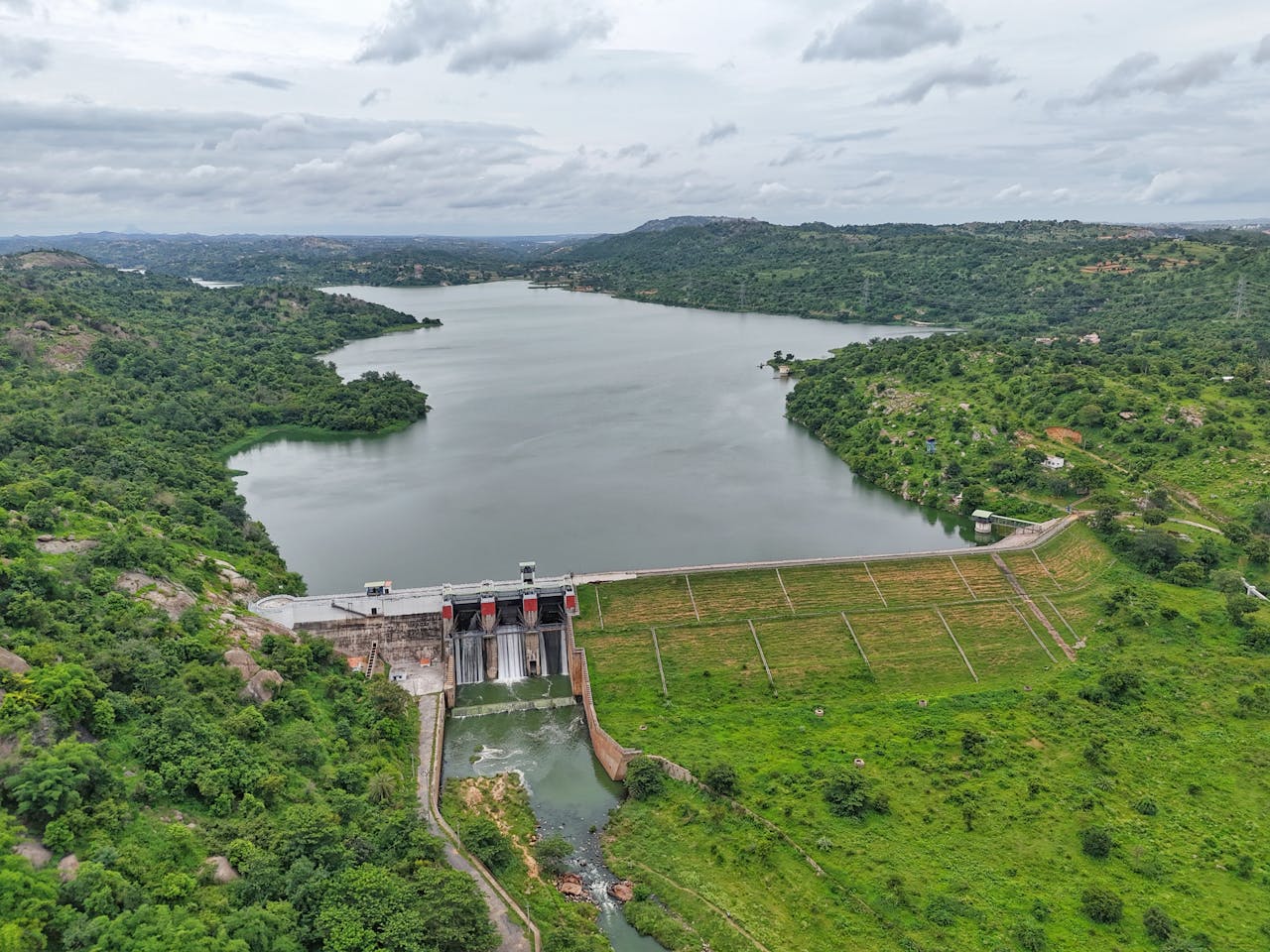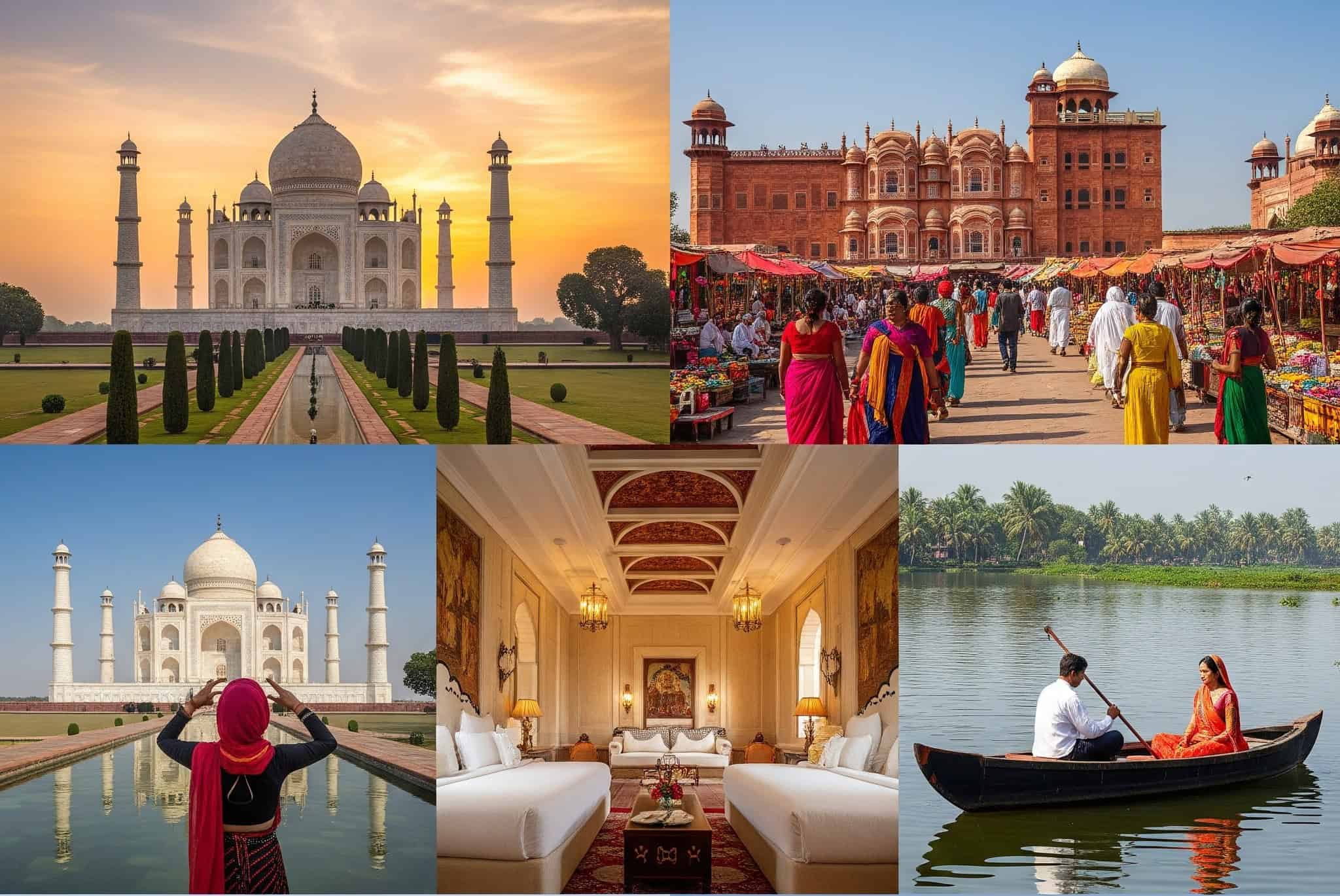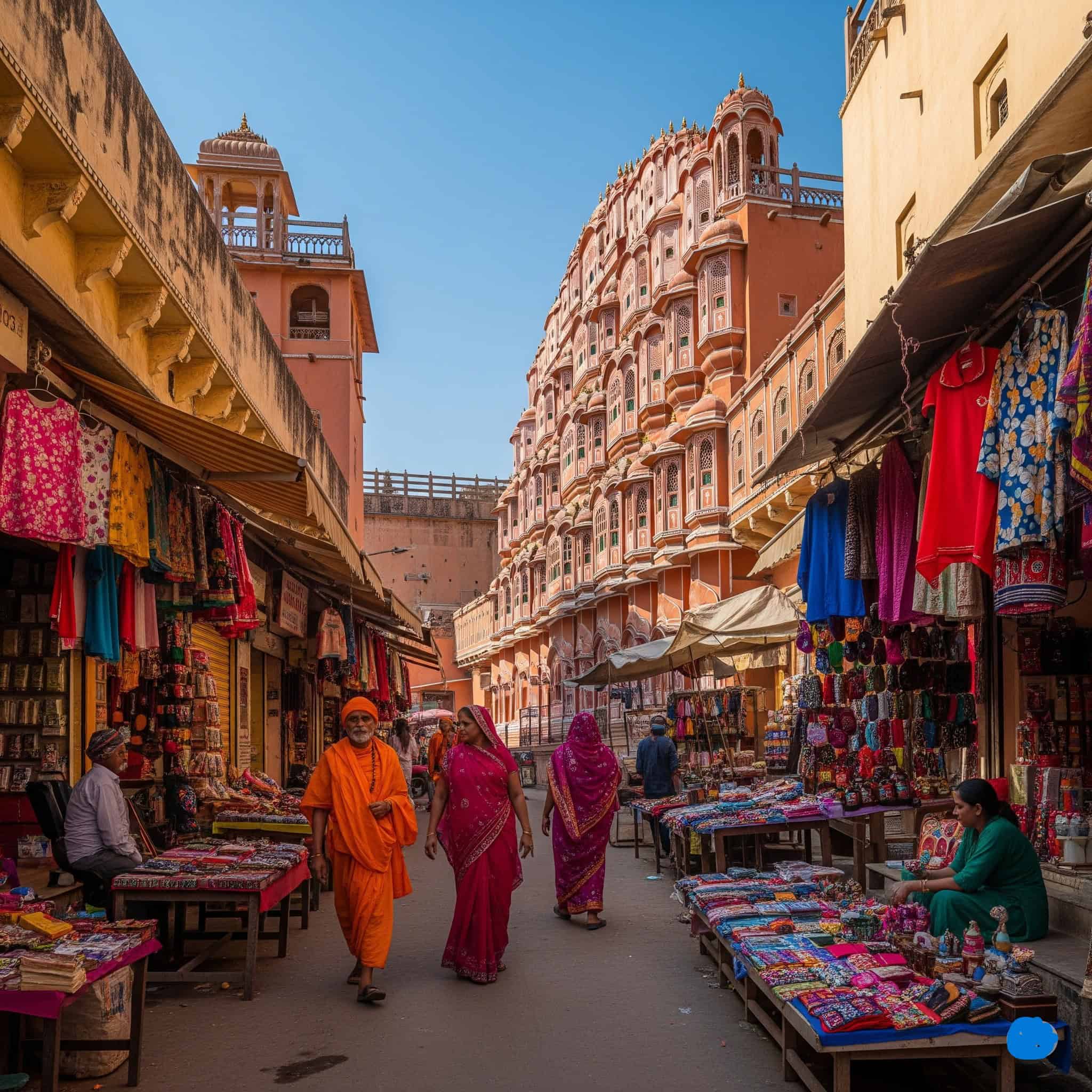Jama Masjid – History, Architecture & Visitor Guide
Located in the heart of Old Delhi, Jama Masjid is one of the largest and most magnificent mosques in India. Built by the Mughal emperor Shah Jahan between 1650 and 1656, this architectural marvel is a symbol of India’s rich Islamic heritage and Mughal grandeur.
🕌 A Glimpse into History
The mosque was originally called Masjid-i-Jahan-Numa, meaning “World-reflecting Mosque.” Constructed by over 5,000 workers, it took nearly 6 years to complete. Shah Jahan, who also commissioned the Taj Mahal, made Jama Masjid the principal mosque of his empire.
🏛 Architectural Brilliance
Jama Masjid stands on a 10-meter-high plinth and can accommodate over 25,000 worshippers in its courtyard. Key features include:
- Three grand gates (East, North, South)
- Four towers and two minarets, each 40 meters high
- Red sandstone and white marble combination
- Intricate carvings and calligraphy
- A central prayer hall with 11 arched entrances
Visitors can climb the southern minaret for a panoramic view of Delhi.
📍 Location
Address: Jama Masjid Rd, Chandni Chowk, New Delhi, Delhi 110006
Nearest Metro: Jama Masjid (Violet Line) or Chawri Bazar (Yellow Line)
🕒 Timings
- Open Daily: 7:00 AM – 12:00 PM, 1:30 PM – 6:30 PM
- Closed: During prayer times (especially on Fridays)
🎟 Entry & Dress Code
- Entry Fee: Free for Indian visitors; foreigners may be charged a camera fee (₹300–500 approx.)
- Dress Code: Modest attire is required. Robes are available on rent near the entrance.
🙏 Cultural Significance
Jama Masjid is not just a historical site but an active place of worship, especially vibrant during Eid and Ramzan, when thousands gather here for communal prayers. It reflects the spiritual and social life of Old Delhi.
📸 Tips for Visitors
- Best time to visit: Early morning or evening for photography
- Avoid Fridays for sightseeing as it gets very crowded
- Try local food nearby – Karim’s and Al Jawahar restaurants are famous!
Conclusion
Jama Masjid is more than just a monument — it’s a living heritage site that continues to echo the call of faith and the spirit of Delhi’s past. Whether you’re a history lover, an architecture enthusiast, or a spiritual seeker, a visit to Jama Masjid is a must when in Delhi.
